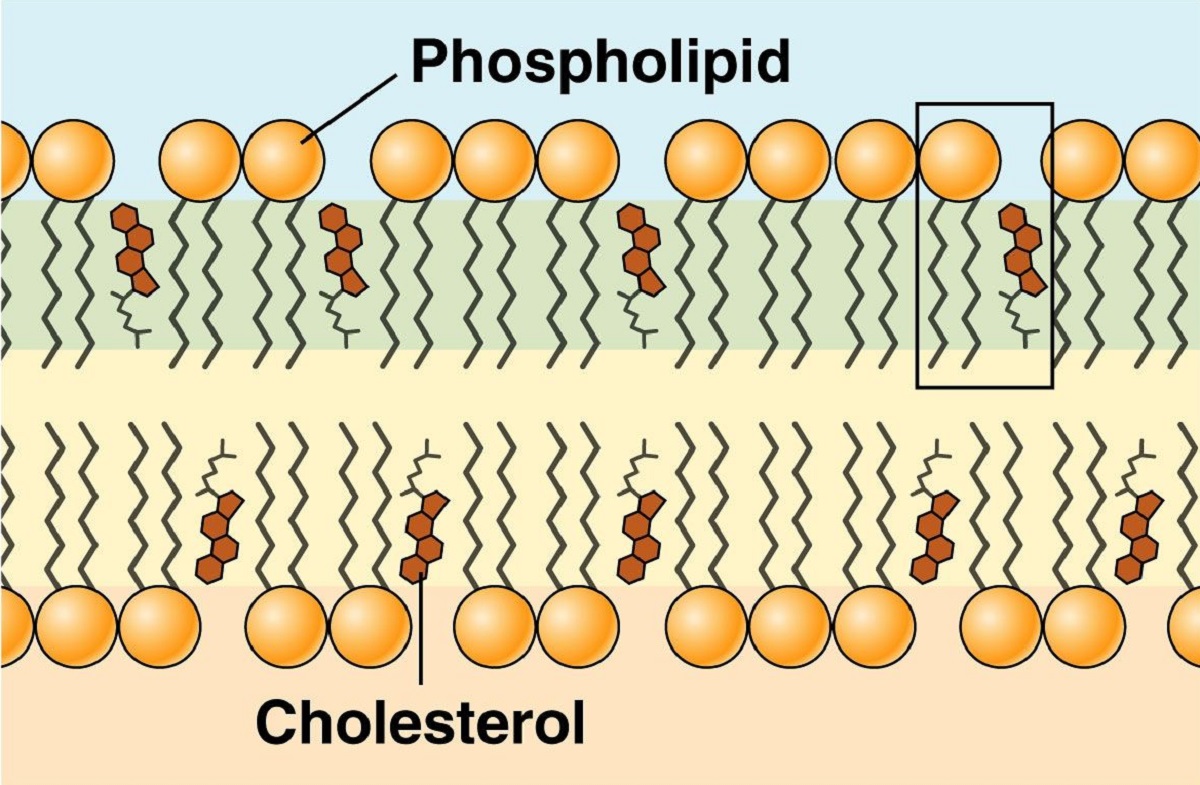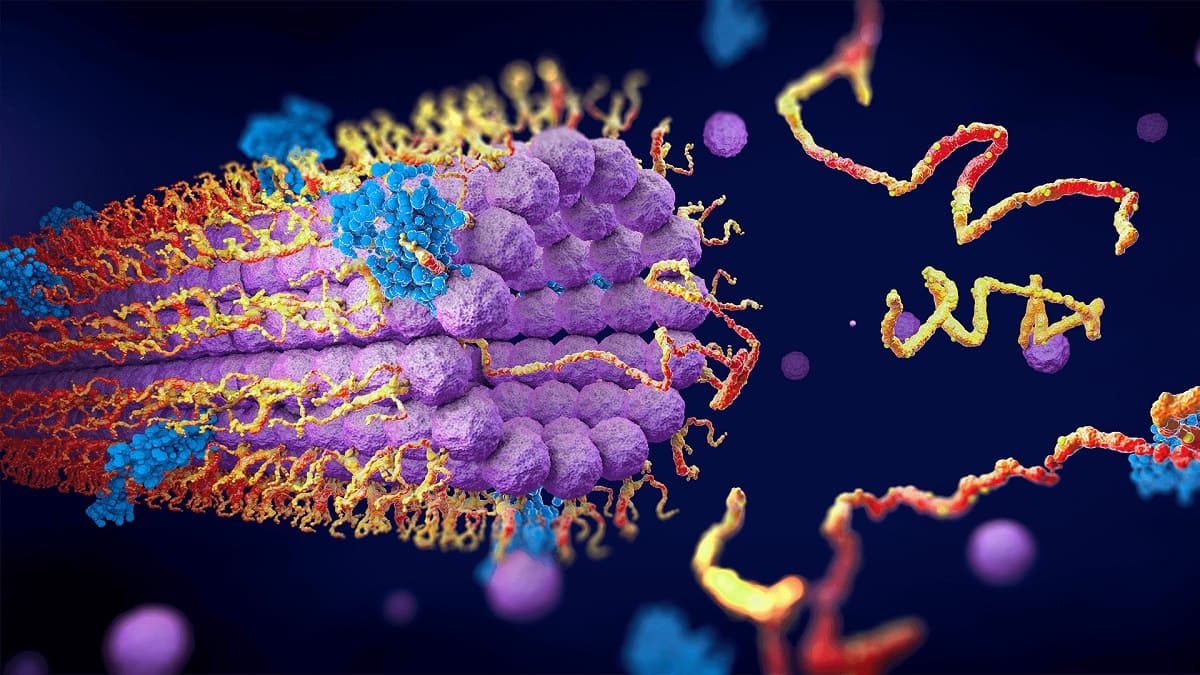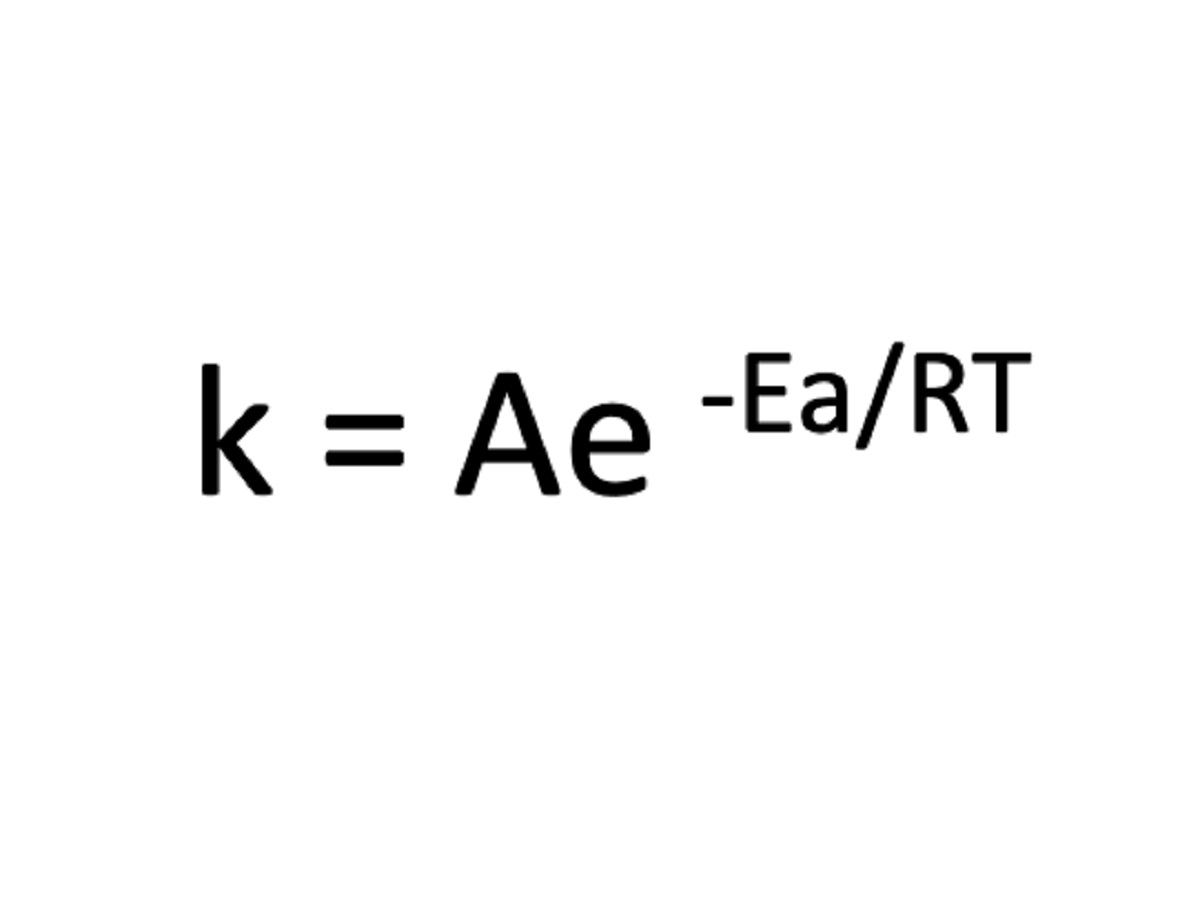Home> Education & Research
Education & Research
Dive into the academic exploration of temperature’s impact on various fields. From scientific research to educational resources, this category delves into the role of temperature in shaping our understanding of the world. Explore articles, studies, and insights that bridge the gap between temperature and knowledge, fostering a deeper appreciation for its influence on diverse disciplines.
By: Kyle Russell • Education & Research
Understanding The Density Of Water: Exploring Its Properties And Applications
Introduction Water is a fundamental element of life, covering about 71% of the Earth's surface and constituting a significant portion of all living organisms. Its unique properties and behaviors have captivated scientists and researchers for centuries, leading to extensive studies and discoveries. One of the key characteristics of water that...
Read MoreBy: Kyle Russell • Education & Research
PCR Steps: A Comprehensive Guide To Polymerase Chain Reaction
Introduction Polymerase chain reaction (PCR) is a revolutionary technique that has transformed the field of molecular biology and genetics. This powerful tool allows researchers to amplify a specific segment of DNA, generating millions of copies from just a single or a few DNA molecules. The ability to produce a large...
Read MoreBy: Kyle Russell • Education & Research
Understanding Nuclear Fusion: A Comprehensive Guide
Introduction to Nuclear Fusion Nuclear fusion, the process that powers the sun and stars, holds immense potential as a clean and virtually limitless source of energy. Unlike nuclear fission, which involves splitting atoms, nuclear fusion generates energy by fusing atomic nuclei together. This process releases an extraordinary amount of energy...
Read MoreBy: Kyle Russell • Education & Research
Understanding The Color Temperature Of Fire: A Comprehensive Guide
Introduction Fire has captivated human beings for millennia, its mesmerizing dance of light and warmth drawing us in with an almost primal allure. Beyond its physical properties, fire also possesses a captivating visual aspect that has intrigued scientists, artists, and enthusiasts alike. One of the key elements that contribute to...
Read MoreBy: Kyle Russell • Education & Research
The Role Of Cholesterol In Maintaining Plasma Membrane Stability In Extreme Temperatures
Introduction The plasma membrane, also known as the cell membrane, serves as a crucial barrier that separates the interior of a cell from its external environment. This semipermeable membrane plays a pivotal role in maintaining cellular homeostasis by regulating the passage of substances in and out of the cell. The...
Read MoreBy: Kyle Russell • Education & Research
Enzymes: Reusability And Benefits
Introduction Enzymes are remarkable biological molecules that serve as catalysts for a myriad of biochemical reactions within living organisms. These specialized proteins play a pivotal role in accelerating chemical reactions without being consumed in the process. Their ability to facilitate and expedite crucial cellular processes has garnered significant attention across...
Read MoreBy: Kyle Russell • Education & Research
Understanding The Arrhenius Equation: Definition, Formula, And Applications
Introduction The Arrhenius Equation is a fundamental concept in chemistry and chemical kinetics, providing a quantitative understanding of the relationship between temperature and the rate of chemical reactions. Named after the Swedish scientist Svante Arrhenius, who first proposed it in 1889, the equation has since become a cornerstone in the...
Read MoreBy: Kyle Russell • Education & Research
The Speed Of Sound: Comparing Solid, Liquid, And Gas
Introduction The speed of sound is a fascinating phenomenon that varies across different states of matter. In solids, liquids, and gases, the speed of sound exhibits distinct characteristics, influenced by the unique properties of each state. Understanding these differences not only enriches our knowledge of physics but also provides valuable...
Read MoreFeatured
By: Kyle Russell • Education & Research
PCR Steps: A Comprehensive Guide To Polymerase Chain Reaction
Read MoreBy: Kyle Russell • Culinary & Beverages
Understanding The Temperature Danger Zone: Importance And Guidelines
Read MoreBy: Kyle Russell • Culinary & Beverages
Optimal Internal Temperature For Cooking Filet Mignon
Read More
PLEATED LAMPSHADE ARE MY NEW FAVORITE THING

SHOULD WE STAY LIGHT OR GO DARK WITH PAINTING OUR TINY MASTER BEDROOM?












